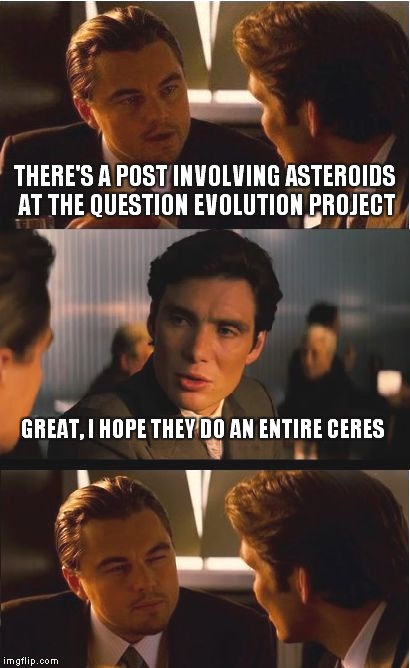Evolutionists Should Remain Low-Key About "Loki" Organisms

Advocates of Lokiarchaeota-to-locksmith evolution assume that such evolution is true and backed by observable science. However, they keep searching for missing links to support their conjectures, whether it clinging to the defunct "Lucy" knuckle-walker story, or this instance of Lokiarchaeota as an missing link way back yonder in the single-celled years. Lokiarchaeota (nicknamed "Loki") has them all a-twitter. The "science" is dismal, to say the least. Genomic information is seriously lacking, but that doesn't stop some evolutionary biologists from speculating, making assertions, telling comic-book-style stories, and just plain getting excited about finding another alleged missing link. Darwinists assemble! Pay homage to the god Evolution! Puny god. The evidence supports the real God, our Creator. Single-celled organisms called Lokiarchaeota are making headlines as missing links in our supposed single-celled ancestry. A small fraction of thei...





